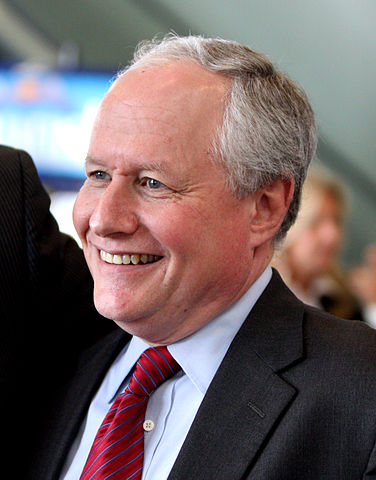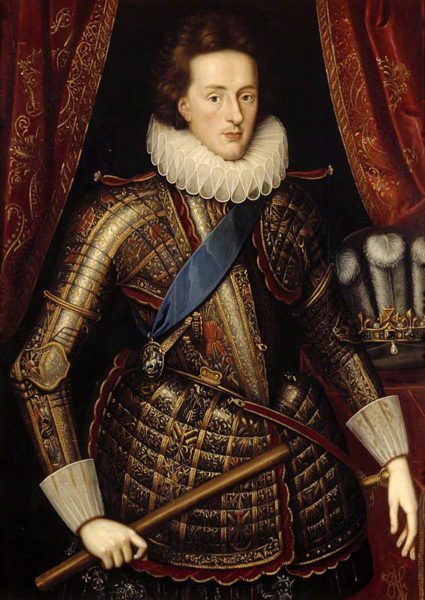In the free-to-cheapskates excerpt from the latest Weekly Dish, Andrew Sullivan charts the political pilgrimage of a former right-wing stalwart to being “hugely popular among MSNBC Democrats”:

Bill Kristol at a political conference in Orlando, Florida, 23 September, 2011.
Photo by Gage Skidmore via Wikimedia Commons.
If you live long enough, and haven’t been lobotomized, you’ll change a lot of your views and opinions. Life does that. The world changes; you change; and for most people, who don’t air their views publicly for a living, the process is murky.
For the rest of us, the hacks/public intellectuals, I think there’s another standard: if you change your mind on an issue, at some point, explain why. What principles or ideas have you now abandoned? Which have you now embraced? What new facts have you learned? It’s a basic form of intellectual hygiene.
Which brings me to Bill Kristol. You may recall him as the former gatekeeper of Republican orthodoxy and much of its intelligentsia; architect of neoconservative foreign policy; adviser to US presidents; pundit; smooth-talker; operator. Now hugely popular among MSNBC Democrats, alert to racism and sexism and homophobia, Kristol has, these last few years, performed a spectacular ideological self-reinvention that makes J.D. Vance look like a man of unflinching consistency. And he has never even attempted to explain why.
Take for a moment the issue du jour: abortion. Very few people have spent years and years, as Kristol has, campaigning with a singular determination to overturn Roe v Wade. Here he is in 1998:
Republicans talk a lot about being a majority party, about becoming a governing party, about shaping a conservative future. Roe and abortion are the test. For if Republicans are incapable of grappling with this moral and political challenge; if they cannot earn a mandate to overturn Roe and move toward a post-abortion America, then in truth, there will be no conservative future.
A year earlier, Kristol had been even more emphatic:
The truth is that abortion is today the bloody crossroads of American politics. It is where judicial liberation (from the Constitution), sexual liberation (from traditional mores) and women’s liberation (from natural distinctions) come together. It is the focal point for liberalism’s simultaneous assault on self-government, morals and nature. So, challenging the judicially imposed regime of abortion-on-demand is key to a conservative reformation in politics, in morals, and in beliefs.
This is more than a pro-life position. It is the articulation of a thoroughgoing pro-life conservatism designed to end judicial intervention in politics, reverse the sexual revolution, and restore distinctions between men and women rooted in biology and nature. It couldn’t be more GOP 2022! The man was a visionary. And so you might imagine that when Kristol’s vision came to final fruit in 2022, he’d be over the moon.
But no. After Trump became GOP leader and put three pro-life justices on the Supreme Court, Kristol barely mentioned abortion on his Twitter thread — except to take a swipe at “the Republican political class — at once cavalierly uncaring about the women they seek to represent and manifestly insincere about the pro-life beliefs they claim to hold.”






